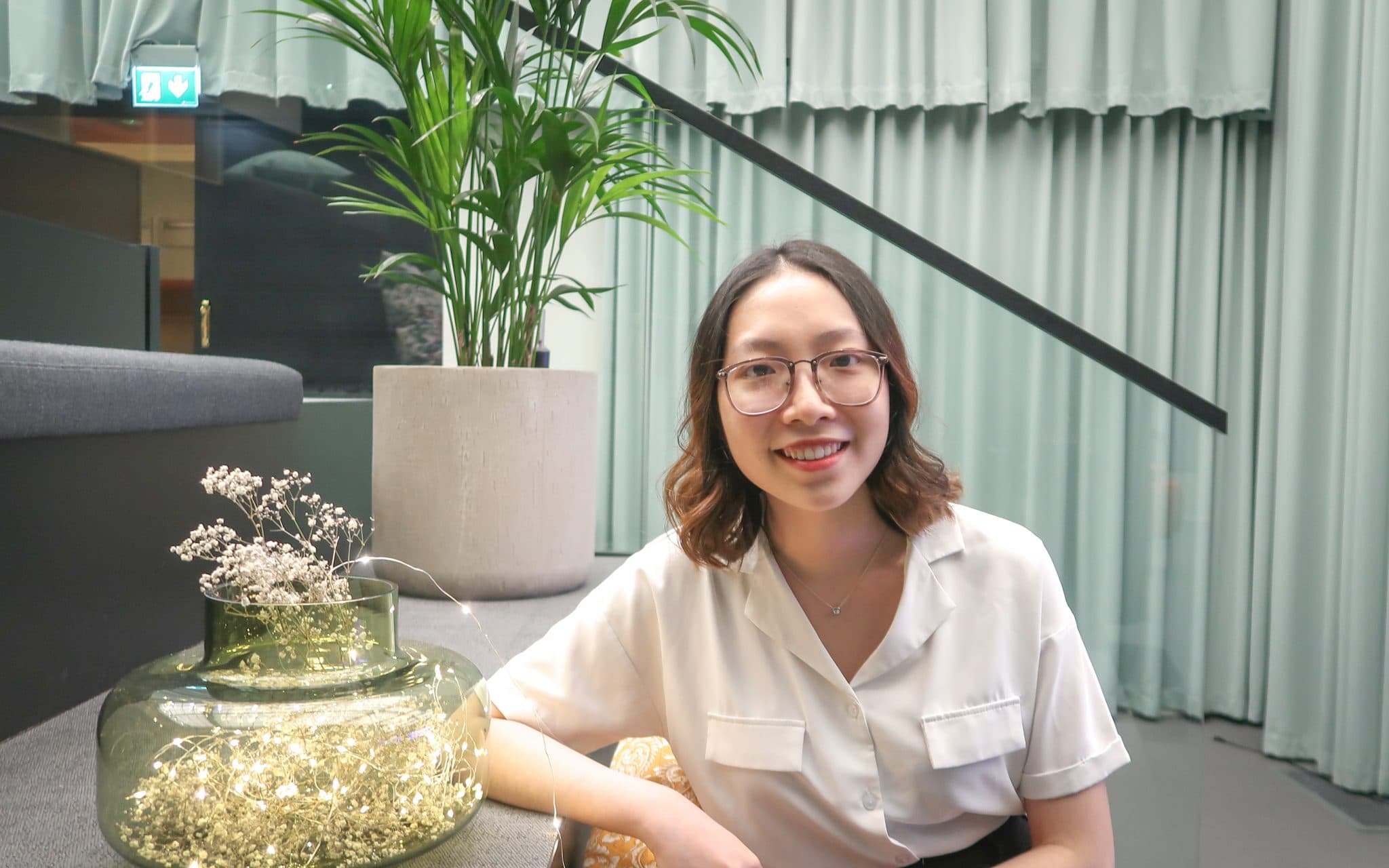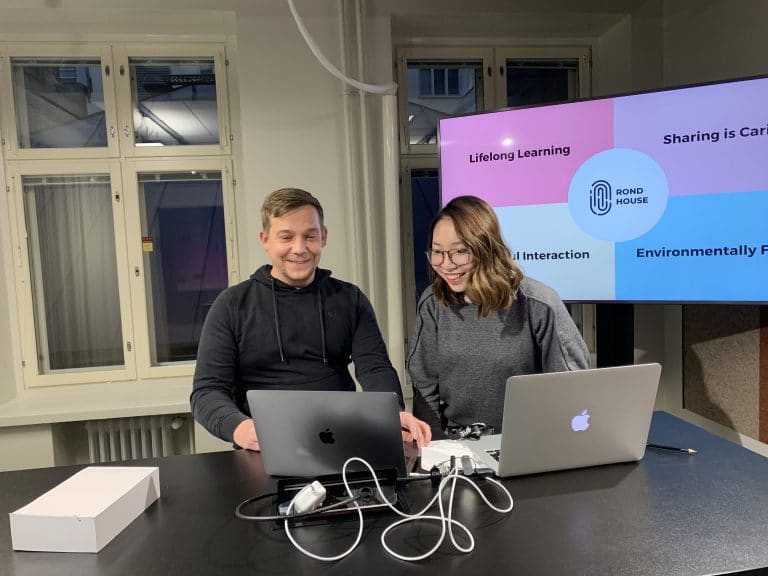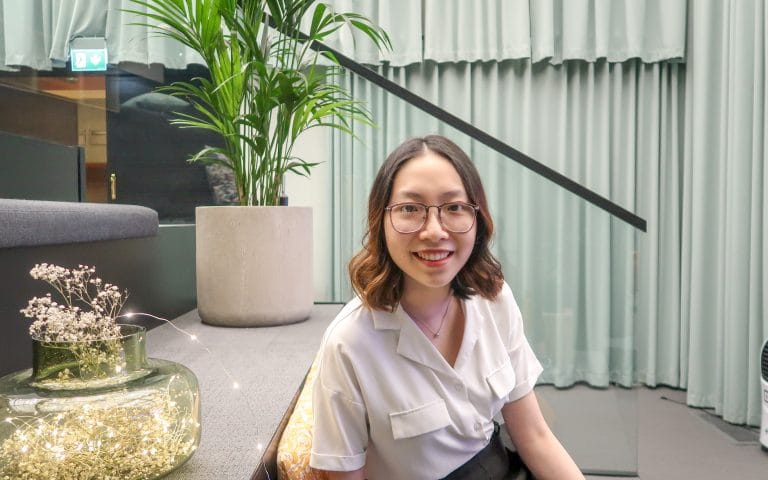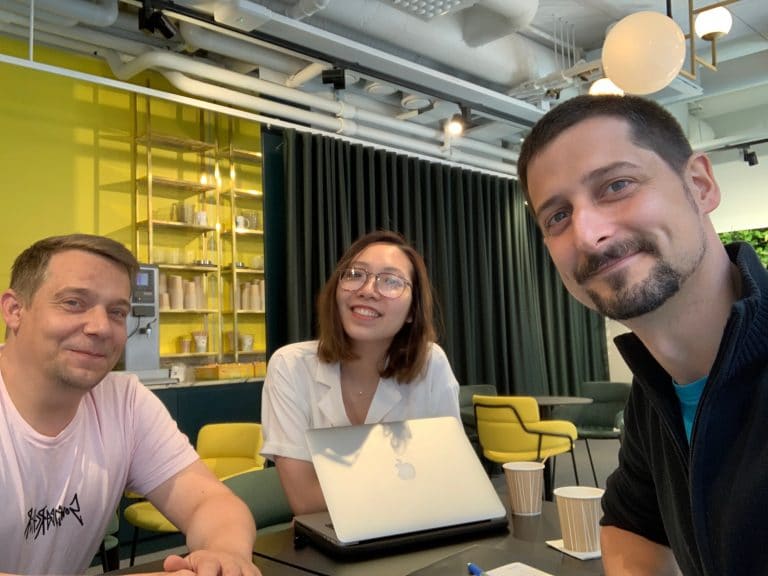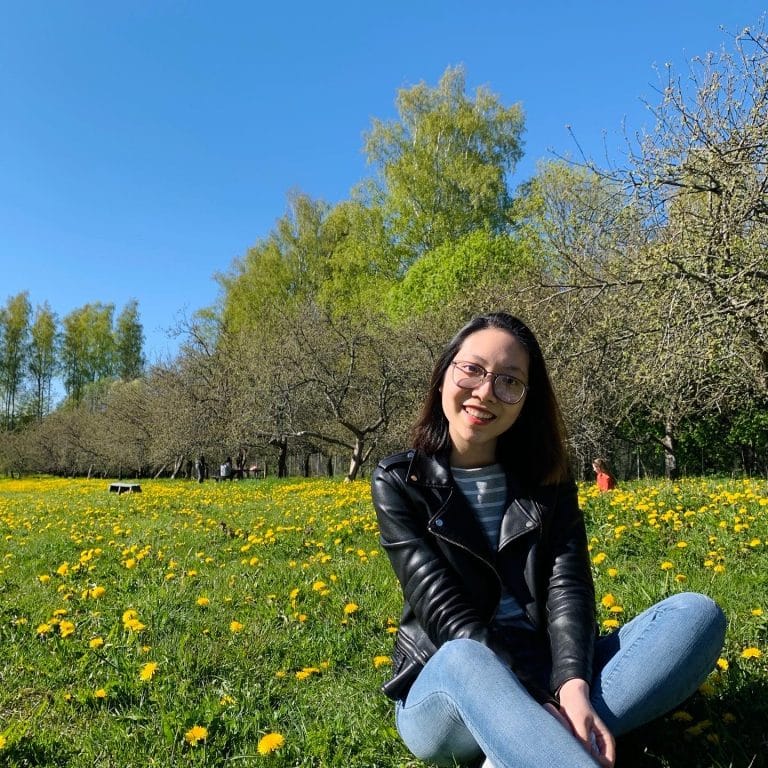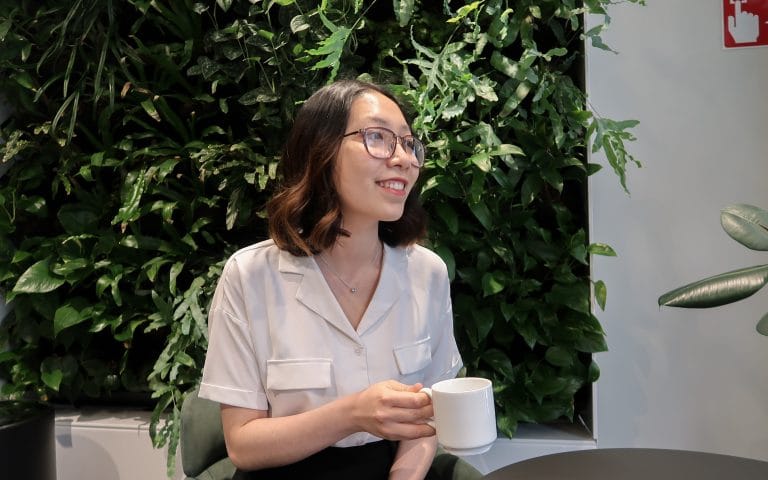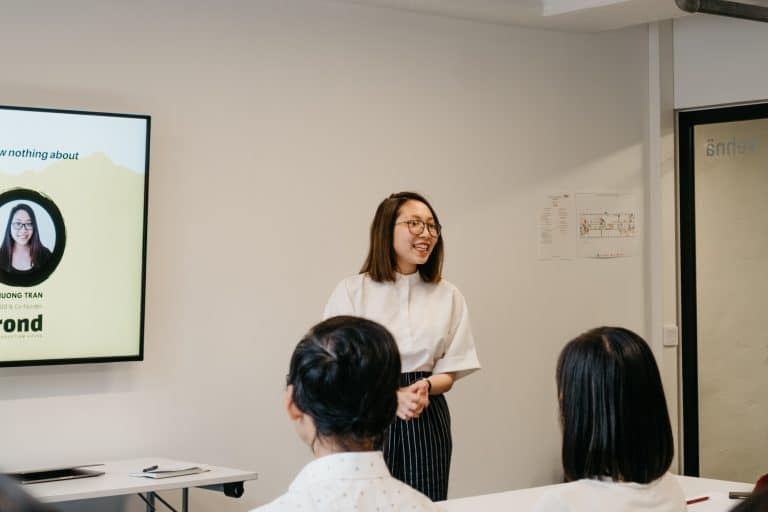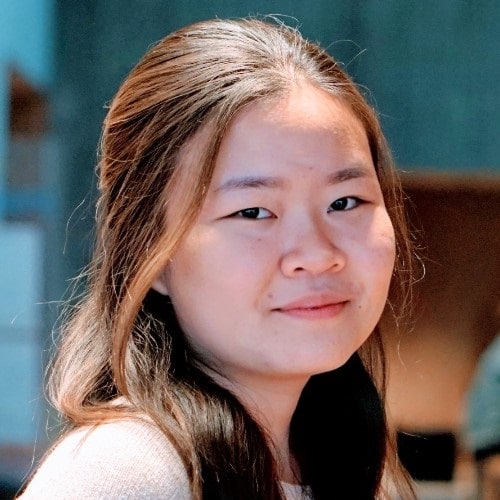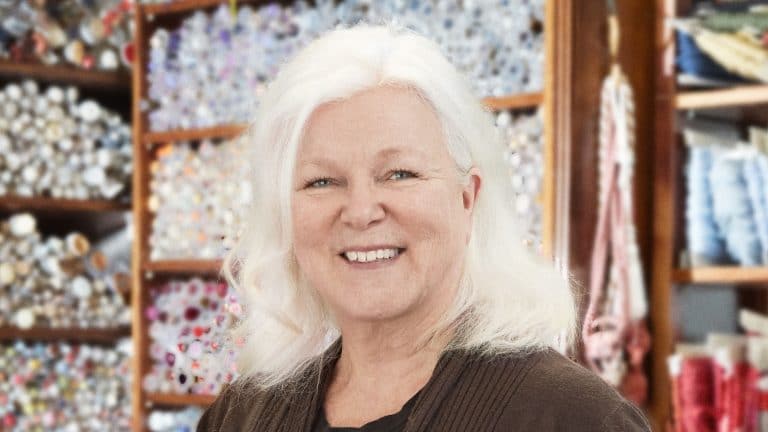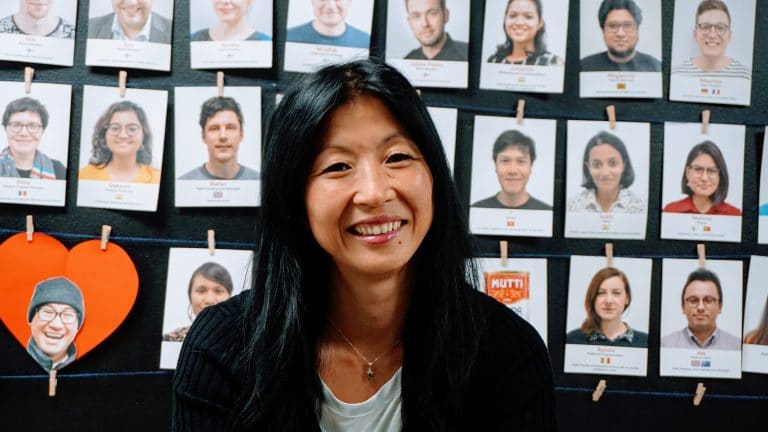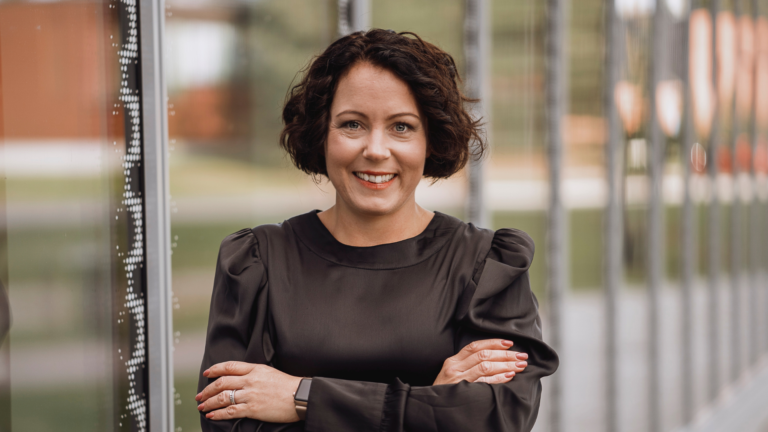Coming to Finland? I still thank my brother for that idea
Here is my confession: I did not like the idea of being an entrepreneur at first. Sorry! I used to think I had a personality that required something stable and safe. So, still, when I was back in Vietnam, I worked for a couple of years teaching primary, secondary, and even 3-5 years old and I really enjoyed it. It’s a kind of work where you share your knowledge and, even better, help others learn and grow. I loved it. Still do. And it was not about the subject (I taught math, chemistry, and even English), it was about the experience of teaching. I never had the feeling of going to work. It was more like, “Cool, I get paid to do something I really like!”
Of course, I did not know I would end up in Finland: after graduating from high school my plan was to go to Medical University but that did not work out. I felt a bit lost, very unsure about what my next step would be. I had grown up in Hanoi with my parents and my brother and it was he who suggested that I go to study abroad. “Hmm. Why not?”, I thought. That’s when I started studying English and took the entrance exam to Laurea University of Applied Science for Business Management. And that’s how I ended up in Finland. I still thank my brother to this day for his idea!
I and my Co-founder have great chemistry, good understanding, shared values and vision
During my first year studying here, I started to wonder: would I waste 3 years focused on academics and wait until that’s over to figure out what I really want to do? That felt off. Instead, I decided to start working, already in that first year. I wanted to try different tasks to define what I’m interested in, what I’m good at, create my own trail of experience. I love learning by doing, that is the way I evaluate what works for me. That’s why taking this hands-on approach felt right. It was the best option for me to really figure things out.
That’s when I met Sjoerd Postema. Together we have co-founded both ROND Productions, which he leads, and ROND House, which I lead. At the time he was still working for an employer. We realized we had really good chemistry, good understanding, we were sharing many values and the same vision, so why not try to do it on our own?
We wanted to have the full freedom to do things differently
It was not an overnight decision but it happened quite fast: we reached the conclusion that even though we liked the jobs we were doing, we wanted to have the full freedom to do things differently and surround ourselves with the people we like. When you feel like that there is no turning back, that is one of the essential aspects of entrepreneurship – the freedom to do things your way. That’s why we finally took the step in 2018. We started from scratch: no capital, no team. Just the two of us and a small grant from Helsinki Think Company.
That’s how I became an entrepreneur. And believe me: up until that moment I really hated the idea of entrepreneurship! I had tried to understand what it really meant but it did not click for me: I felt it was too unstable, you needed to keep on having new ideas all the time or keep multitasking and pivoting. That was the vibe I got out of that.
Maybe because I did not have yet a clear idea or drive in my mind. But with Sjoerd and ROND, it just happened naturally. I thought about none of those issues, only opportunities. Plus, I was still studying so I thought I had really nothing to lose: it was quite risk-free. Suddenly, the whole entrepreneurship idea had turned around for me.
There is no book on entrepreneurship written for you
I faced the biggest obstacle in my entrepreneur journey right at the start: I didn’t know how to open a company or what it actually meant. When you actually start your company, you realize overnight how much experience and knowhow you lack. It’s a bit overwhelming! I realized I was not able to hit the ground running, so to speak, while I was studying at the same time. I had to revisit my time management and re-evaluate what goals I could reach.
Maybe I underestimated what it implies to start a company and yes, there is material online about what processes to expect and what mistakes to avoid but it’s not the same: when you write your own journey you still make your own mistakes and face your own shortcomings.
There is no book on entrepreneurship written for you. You learn by doing, the hard way! You make mistakes. You work so those mistakes tie you closer to your team and bring you closer to a win. But you have to get out there and face failure in order to grow and to improve. And one of the most challenging and exciting aspects of entrepreneurship is that it’s an ongoing learning process: the more your company does well and grows, the higher the stakes are and you have to keep learning over and over again to succeed.
After the market validation process, we have more motivation to complete the administrative works
Starting a company requires some administration and thinking: paperwork, SHA, etc. We, when we started ROND, decided we would start doing and then worry about the company! The first step for us was to test our idea and vision and confirm we had a business case, something we could replicate or scale-up. Once we knew we did, the administrative side of starting a company seems easier: you have more motivation to do it! I was lucky to have Sjoerd working with me on the company registration process.
In Helsinki, there are plenty of people you can talk to for advice: startups, advisors, even public offices. You just have to be focused and committed to your vision and take the steps – which, in Finland, are not many compared to other countries. I think if you are not able to open a company in Helsinki, even if you are a foreigner, it is not a problem of the system: it’s that maybe you are not committed to doing it in the first place.
You read a successful entrepreneur story and you get caught in survivor bias
The road to success is paved with hard work and no shy amount of failure. I read a lot of stories from other entrepreneurs. How they started, their struggles, their way of thinking. It’s motivating to read about other people’s journeys and, in a sense, it’s something I have done since I was a kid: I always liked reading inspiring stories of successful people. I would let myself get carried away and think that it might be easy to be successful. What happens is that you read a successful entrepreneur story and you get caught in survivor bias, so to speak. You think it’s not that hard, you feel inspired, maybe even hyped.
However, with time I understood it’s not about it being easy, it’s about it being doable: if they did it, I can do it too but… I have to be aware of the overall journey. It’s not their life: it’s yours. It’s up to you to make it real in your own life and on your terms. To write that book, your very own book, you need to fill a lot of pages. You need to work hard. Some people might have a really good start – connections, finance, business background, etc. – but for the other ones: don’t complain about your starting point, just keep working and keep improving.
People in a new country aren’t gonna welcome you with open arms to make your life easy
When you move to a new country, you start at zero. You cannot have the expectation that someone is welcoming you with open arms to make your life easy. My attitude is to not complain about if I can adapt or not, just understand I start from scratch and act accordingly. Hard work is going to pay off but complaining won’t. If you go into that mindset – the one of creating your own path by learning and hard work – all misplaced criticism you receive, all the feeling of exclusion, they get drowned into the positive vibes from the team you choose and the tasks you take on.
Now I realize this attitude of learning by doing and staying positive means I was way closer to being an entrepreneur than what I could realize when I came to Finland. Starting your own company is learning to dare to try, to dare to see opportunities over risk. Before I started this journey when I would hear an idea or opinion on whether “we could do this or that” I would immediately think of possible negative outcomes. This mindset would always prevent me from trying new things.
If you don’t try, nothing will happen - 100% guaranteed
When I started my own ROND House I realized it’s not about the question, it’s if you are going to try to at least answer with a solution in mind. It’s never a waste to ask and try. You might win or lose but what is 100% guaranteed is that if you don’t even try, nothing will happen. Nowadays I am still cautious but much more open to new ideas.
You have to turn negative thoughts into positive outcomes. And if it does not work, think why not and try again. ROND House has made it this far because we have really believed in this, we have put so much time into research and we have been willing to try, test, discuss, argue and always look forward to making it happen.
Find someone you can have fun working with, trust, argue, share values, and enjoy victories
You need support to succeed and having someone like Sjoerd as a mentor first and a co-founder later played a crucial role to be where I am now. At first, I did not even work directly with him but because of his personality, we bonded quite fast. He is fun and he understood how I like to contribute. He saw what I really wanted to do and that I was willing to learn more along the way. He has a very open way to lead that is not based on simple task delegating but actually tutoring at the same time.
When working with him I can learn in detail what I need to do and how but I am also allowed to make decisions and learn from mistakes. That’s how I knew back then he was a person I wanted to work for and work with. We started to make some tasks overlap in order to work more and more together and suddenly we’re discussing that if he quits and starts his own, I will follow. No hesitation.
I know now how hard it can be to find someone you can work with, trust, someone with whom you can struggle through the setbacks, argue and agree, enjoy the victories, keep the vision… Finding a good co-founder is really hard and I found a great one! Building a company is a long-term race so you better have someone help you out when running out of breath.
We were told to give up
The beginning of ROND House was not easy. We got accepted into Founders Institute and had to pitch an idea. The initial idea, to open coliving spaces in Helsinki, was well received in theory but when we started expanding our circle and telling people we were really going to do it. Everybody told us this is going to be way too hard. They gave so many reasons: industry, finance, culture, the market not being ready, many people before us have failed, etc. We were told to give up.
But guess what: I want to live there! I want to live in a coliving space in Helsinki. I imagine myself stepping into the building! I imagine myself there. Only one path ahead: I have to make it happen. I will work on it. I will change the living expectations in this town if I have to. Sjoerd is onboard, which gave me the extra confidence from the start, and we have a solid core team.
The stress goes away, ironically, by working
There are two different things for an entrepreneur that can affect your mood: stress and rejection. Stress is personal. It depends on you: how you handle your workload, your deadlines. Being an entrepreneur, especially at the start when your team is small – or no team at all – it means you have to do a lot. And sometimes too many things come at once. So, yes, I can get stressed but I also think it is a good sign that things are happening in the company. So, that is what keeps me moving forward. The stress goes away, ironically, by working. And don’t forget to find some time for friends and family!
Rejection is different: it does not depend on you. Someone else is saying “no” and sometimes, it is the end of that story. It does not really bring me down. I just try to learn out of that interaction what the “no” means: not now, not a good offer, not like this…? Rejection is a good tool to improve. And even when someone says “no” with no apparent logical reason to you, you cannot stay there forever: you move on. It’s a big world out there and many new people to talk to!
They say “Undoable”, I hear “Not this way, not this time”
Similarly, when other people tell me “undoable”, I hear “not yet”, “not like this”, “not right now”. And I will work on it until I get it right. And we are the pioneers in Helsinki but we know coliving is taking off in other regions, so let’s work hard and make it happen. By the way, how many people thought Airbnb would work? Letting strangers stay in your home? New living arrangements have been and are on the rise.
The idea for ROND House was anyhow for a long time in my mind. When I first came to Finland I lived in Espoo. It went really well, I made friends at the university but I did miss, in some way, to actually land a bit deeper in the country. To embrace and be embraced by the city. For many of us foreigners, when we land here, we easily insert ourselves in academic life. University is a very easy welcoming spot. However, you cannot rely only on the university to get a real feeling and scenario about what your working or social life might look like. You will graduate but still miss some practical knowledge that you should get by yourself.
ROND House is the balance between privacy and community
ROND House is meant to help you fill those gaps. We focus on community, yes, but also mentoring and learning opportunities – arts and crafts, health, and of course, business. A co-living space, the way we see it, offers you a whole range of possibilities for you to really dive into the city, grow as a person, and build a solid professional and personal network.
Living in a traditional shared apartment setup might give a negative impression to most of us because of the dynamics of the shared space – who is supposed to clean, who is making noise, and ultimately we are not able to enjoy the community and the fun part. ROND House is the balance between privacy and community. Make friends, get the most of the place you are – the building, the neighborhood, the city – and we take away the elements that make it annoying to actually share the common areas.
There are of course raising questions about whether the co-living sector will be affected by the Corona pandemic the same way as co-working spaces have been. We noticed that the co-working sector and the short term stay sector are those that got hit quite hard. But coliving is much more resilient, it is where you live. Also, coliving has proven to be a resilient asset class during this lockdown. We have seen it worldwide: with the right measures, a coliving space can provide a safe environment even during a pandemic. In my opinion, we are going to witness increasing demand for coliving due to the Corona pandemic and it will have an even stronger position in the future since people are definitely going to miss the social interaction after this quarantine.
I really find happiness in everyday small victories
If you ask me about a particularly satisfying moment in my entrepreneur journey, to be honest, I don’t have a concrete day or milestone. I don’t need good news, a good call or a good meeting: every day is an absolute joy, the whole journey has been a blast. When you hit a big goal, yes, of course, that makes me super excited but I really find happiness in everyday small milestones, the small victories.
I am really grateful for what I have because I work hard for it which means that I will be able to celebrate all small steps forward. I like to keep my eyes on the purpose and vision we had when we started. In this instance: I am looking forward to opening our first ROND House coliving property. But I guarantee you that when the building opens, I will immediately be thinking about how to improve it. The goals keep evolving but the small victories pave the way. For some that might be exhausting, for me it’s motivating!
Things will work if you are humble enough to listen and learn
I understand some people worry about how being an entrepreneur might affect their personal life, their balance with their free time. For me it has had a positive effect: my family also runs a business and we get to discuss a lot of what I am going through. We have found new points in common that were not visible until I took this road. I also get to meet more interesting and inspiring people. I get a lot of energy from that meeting and learning from them. I actually struggled with the COVID quarantine. Until I got used to the new ways of talking to the team and e-meeting new people, it was a bit hard to adjust.
We all have our own story and personality. No matter what your background is, you can still start your company and make it work if you are humble enough to listen and learn, find the team members to complement you, and just keep working on it! In essence, you want to solve a particular problem or you have a hobby that becomes a business. That is the starting point.
My advice for aspiring entrepreneurs
From there, first, you need the ability and curiosity to learn new stuff. Keep learning. We all have our strengths and weaknesses but you need to be receptive to learn. Second, keep an open mind: you must be eager to try something new. You can’t say “no” only because it is not done before and you can’t accept “no” as an answer too easily. Keep an open mind and an open path. Lots of successful businesses have had to more or less change their original idea until they make it work.
Learning, adapting, and finally, you have to be a team player: solo entrepreneurship can be really difficult, especially in order to scale things. Sooner or later you need others, not only internally but also externally: clients, partners, suppliers… you should embrace external input and learn how to become more than just a team player. This is how I try to approach my journey.
I could say I am also either “a bit stubborn” or “very determined”, which is to say I do my best to keep moving forward no matter what. It is my own personality, the way I feel about things: if I feel something can still evolve, grow, improve, I will work for that.

